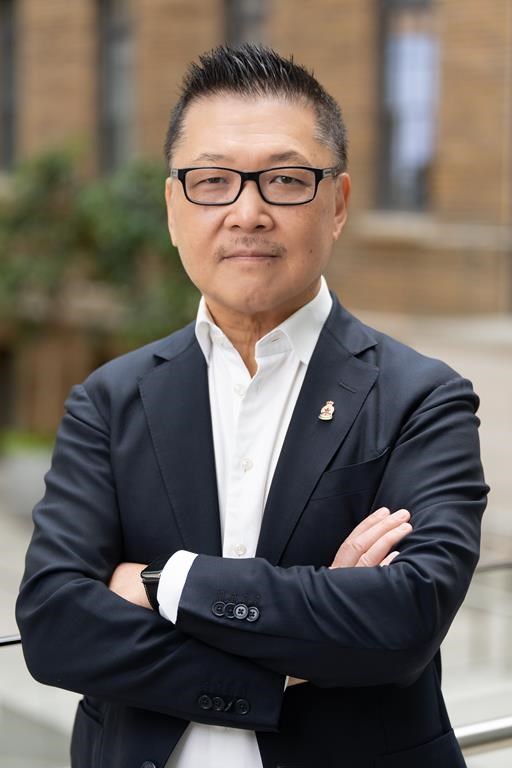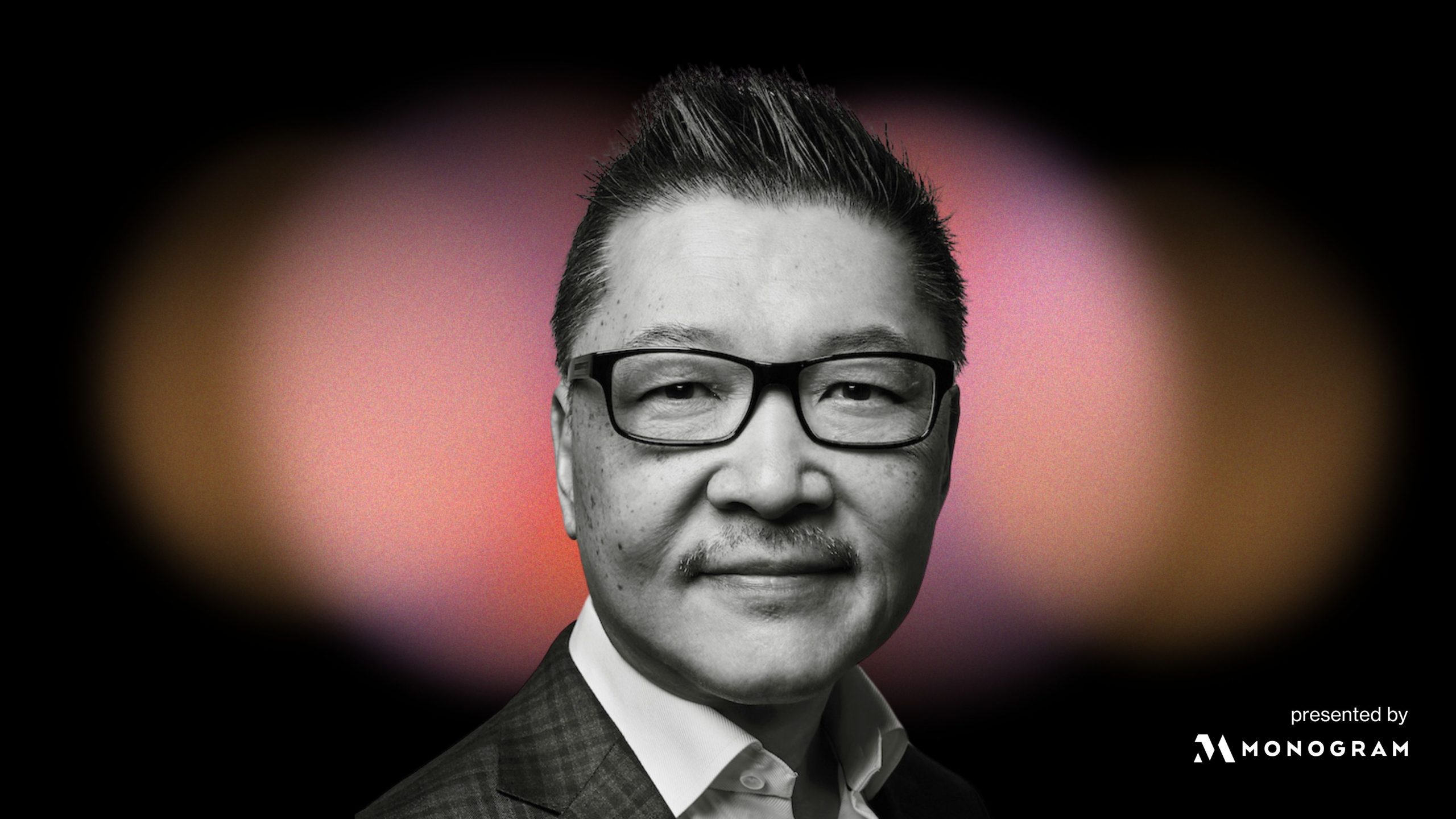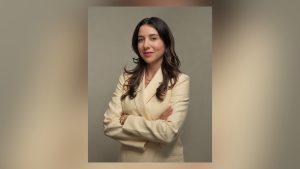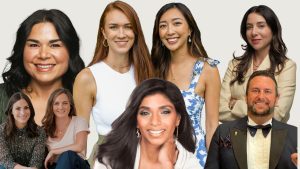Yung Wu has spent his career shaping the future of Canada’s entrepreneurial landscape with a focus on inclusion and innovation. As the former CEO of MaRS Discovery District and co-founder of the Coalition of Innovation Leaders Against Racism (CILAR), Wu has been an instrumental force in driving diversity in the tech and business sectors. His leadership has been defined by a commitment to breaking down barriers for underrepresented communities—he’s a staunch advocate for creating pathways to success that transcend traditional networks.
What sets Wu apart is his unwavering belief that true progress in innovation comes from embracing diverse perspectives. Whether through his work at MaRS or his efforts with CILAR, he has continually demonstrated that inclusivity isn’t just a moral imperative—it’s a strategic advantage. By fostering collaboration and confronting biases head-on, Wu is not just advancing business opportunities; he’s reshaping the entire framework of Canada’s entrepreneurial ecosystem.
This story is part of MOMENTUM, a series in partnership with Monogram Appliances Canada that celebrates and explores the journeys of Asian-Canadian leaders. Listen to the interview on the Mission Critical podcast.
What inspired you to pursue a career in entrepreneurship?
Yung Wu: Like every entrepreneur, my life fits the typical journey—starting with a hypothesis, trying to find my minimum viable product, and pivoting as life teaches you things you do or don’t want to do. My community and family advice growing up was, “Yung, you’ve got such a great bedside manner, you should be a doctor.” I’m sure this resonates with every other Asian Canadian kid. [Laughs] But when I said, “I think I want to be an entrepreneur,” everyone pooh-poohed me.
That was the start of my desire to do something different. I also had a very difficult experience growing up. My father was one of the smartest people to ever come out of Taiwan. We came out during a time when Chiang Kai-shek was running a military autocracy in Taiwan—not like Taiwan today. My father was an idealist with a photographic memory. There wasn’t a book he couldn’t read and memorize. My mother—her nickname at National Taiwan University was “Madam Curie” because of her beautiful mind. So, growing up in that family, I had an inferiority complex by the time I was seven. When my parents told me I couldn’t do something, I had something to prove.
Growing up, you came from a community where you saw yourself represented. Then you arrive in Canada and suddenly you don’t see that anymore.
Yung Wu: You know, it was that moment when I landed that I understood how different I was—not in a unique way, but as someone who would be a target right off the bat. My first reaction was to try to become invisible, blend in, and hope that eventually I would belong. I had to quickly shift from trying to fit in, to realizing I couldn’t. One day, I decided I was never going to try to fit in again. There was an incident where we visited a Chinese restaurant after winning a football game. It was the only Chinese restaurant around, and my teammates started making fun of the waiter. They were making cruel jokes based on the typical caricatures they had seen in the media—obsequious, buck-toothed, with a long ponytail. They made jokes about “Hop Sing,” a character from Bonanza. It was a typical portrayal that they thought was funny.
At that moment, I realized that I had achieved my goal of blending in, but not in the way I had hoped. I started laughing along with them, making fun of people who were just doing their job. Later that night, as I was brushing my teeth, I looked at myself in the mirror and didn’t like what I saw. That was the first and last time I ever tried to fit in. From then on, I decided I would create my own path and invite others to join me on my own terms, not the other way around.
Your journey afterward is in contrast to the idea of assimilation. Entrepreneurship is all about challenging the status quo. How do you define entrepreneurship for yourself?
Yung Wu: I love big problems. Not because I’m a sucker for punishment, but because I don’t see problems as problems. I’m actually an optimist. I don’t view problems as obstacles to overcome; I see them as opportunities. If there’s a big problem that hasn’t been solved yet, what would the impact of solving it be? And that impact often leads to economic value.
If you can combine purpose with economic value by solving a problem that others see as a challenge, it creates something meaningful. It’s about taking on a challenge that others say can’t be done, and proving them wrong. This mindset becomes addictive.
I started maybe seven companies. The first one was funded entirely on my three credit cards. I was leaving Texas Instruments at the time. I thought, “Yung, if you don’t start your own company now, you’ll never do it.” Why? Because I was getting too comfortable. I was making good money, traveling the world, starting businesses for TI — it was great, but I was starting to feel that if I didn’t take a risk, I’d lose my edge.
So, I maxed out my credit cards and started my first company. I hired one person. Then it grew to two, then four, then eight, and eventually to 400. We ended up selling that company in a billion-dollar liquidity event to the biggest software company in the world.
After that, I started six more companies. Two of them failed, three returned capital, and two had great liquidity events. In the entrepreneurial world, that’s a pretty good track record.


What excited you about becoming the CEO of MaRS Discovery District?
Yung Wu: By the time I started at MaRS, I had come to really understand and appreciate the sacrifices my parents had made for our family. They came to Canada with nothing, but they had their brains and capabilities, which gave us a shot at success. They always said that if any of us ever found ourselves in a position of privilege, we should give something back to this country that gave us so much — not just our livelihoods, but our lives. So, MaRS was my way of giving back.
During my time there, the organization grew 450%. We went from 6,000 people in 1,200 companies to 32,500 people. We were driving about $30 billion in GDP. I’m not saying it was all me, but I didn’t drop the ball either.
During your tenure, you also had to navigate some significant cultural moments, including the Black Lives Matter movement. How did that align with your perspective on entrepreneurship?
Yung Wu: Yes, during my time at MaRS, we were navigating a lot of cultural shifts. When George Floyd was murdered in May 2020, it really struck a chord. It wasn’t just a blow to my heart, but to everyone who saw it and was horrified by it.
In response, my co-founder Armughan Ahmad and I started an initiative called CILAR, which was focused on addressing systemic racism in entrepreneurship. My background as a visible minority, growing up as an immigrant in a community where I didn’t see anyone who looked like me, deeply informed my perspective on these issues.
Entrepreneurship is about solving problems, but when you bring diverse perspectives into the mix, you can solve even more problems in ways that might not have been considered otherwise. Diverse viewpoints are crucial for tackling big challenges, and I believe that fostering a diverse, inclusive community is key to solving global issues.
The work at MaRS, especially as it aligned with the cultural and social movements of the time, showed me just how powerful the entrepreneurial mindset can be when combined with inclusivity and a commitment to solving the world’s most pressing problems.


What advice do you have for business owners and entrepreneurs, especially those from underrepresented communities?
Yung Wu: If I had to distill it into one thing, it would be: don’t be afraid of challenge. Challenges create opportunities. If you can stand the pain, you’ll make it to the game. That’s number one.
Number two: Find your allies. They do exist. Don’t just look for them within your own community. Allies come from unexpected places. It’s not just Asians helping Asians or Black people helping Black people—true allyship comes from those who embrace an inclusive view of the world. It’s about seeing people as people and embracing each other’s differences. That’s where the magic happens. One plus one can equal 11, not just two.













